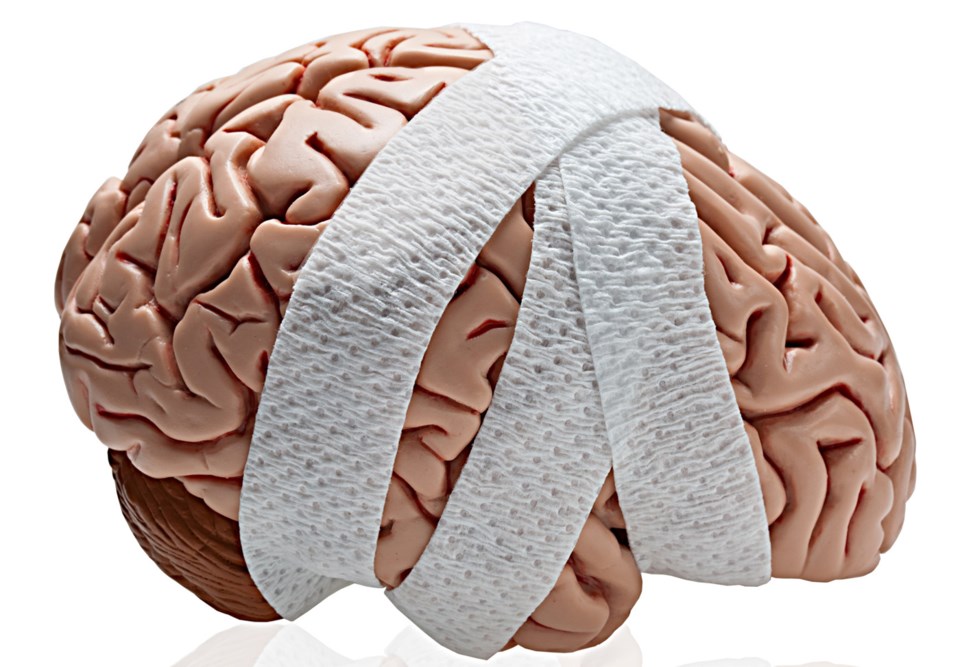Dan, age 52, remembered the caring support and mentoring from his former foster parents and his high school vice principal when he was on the streets in Vancouver as a young adult.
He lived in his car when he had a car. Then he couch surfed until his welcome wore out. In the winter, he recalls wrapping himself up in garbage bags to stay warm and slept in alcoves and dumpsters.
“I didn’t like what I saw on the street.” Dan said. “I didn’t understand why government wasn’t helping the homeless.”
Eventually, he became tired of the brutal lifestyle of being homeless and moved to Prince George to stay with family. These arrangements were short-lived and he went back to Vancouver and ended up on the streets again. Dan said he could relate very well with homeless people because of the trauma they experienced not having their basic needs met and also trauma suffered during childhood. To Dan’s credit, despite being homeless in Vancouver for three and a half years, he never got into trouble with the law.
At the age of 7, Dan was in a motor vehicle accident that left him with a brain injury. At the time, he said little was known about brain injury so he spent many years being misunderstood and judged. After the accident, Dan’s ability to control his temper and to manage and organize himself became hugely problematic. Everywhere Dan turned there was conflict - at home, at school and in the community. He connects his trauma from childhood - car accident, brain injury and going into foster care as reasons for ending up homeless.
So what got him off the street?
Dan attributes not getting into the hard drugs as one of the main reasons he was able to leave the homeless lifestyle.
“Street people go through a lot of trauma and they use drugs to bury their feelings. I had so much anger in me that I only used marijuana to calm myself down. “
When life became really tough for Dan, he remembered his former foster parents and high school vice principal who planted seeds in his head to motivate and encourage him to succeed.
“I loved my foster parents. They were so good to me even though I was a punk. When I lived with them, I was in the principal’s office almost every day. Then, the vice principal started talking to me. I didn’t really like him but he said some things to me that stuck.”
One year, Dan volunteered to do security at the children’s festival. He said he enjoyed the experience because it helped him to be around people. Because of his lack of anger management skills, Dan said he often backed off from people so there wouldn’t be problems. He built on this success and went onto gaining employment with various security companies.
In his early 30s, Dan sought help at the Prince George Brain Injured Group. This became Dan’s safe place and still is to this day. BIG staff helped Dan understand how his brain injury had impacted his functioning and became his “go-to” for support and guidance.
In 2015, Dan was injured at work and now has a noticeable limp. It has been difficult for him to maintain employment because he has been discriminated against because of his injury. He manages to get by on his disability benefits but continues to look for odd jobs to supplement his income.
“After being on the street, I was sick and tired of having nothing. I keep looking for work because working helps me stay positive and distracts me from focusing on the negative.”
Dan says he tries to stay as healthy as possible. He no longer smokes cigarettes and marijuana. Every day he strives to be a good person. As his friend, I can attest to this strong personality trait.
Diane Nakamura is a Prince George writer.


